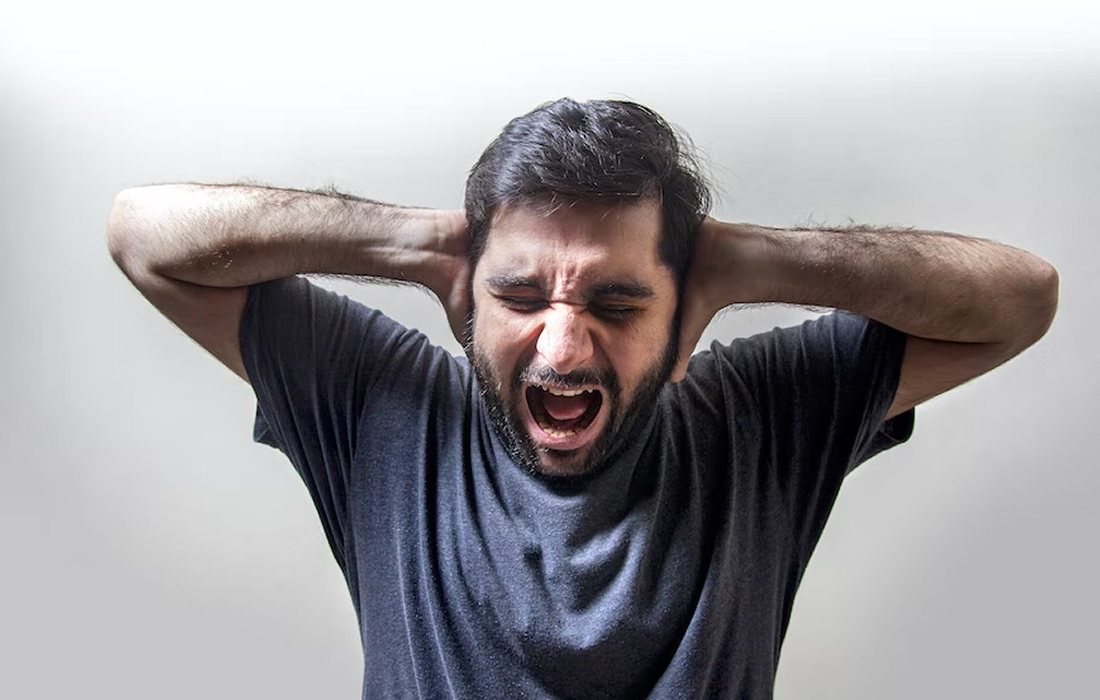Regenerative Medicine News and General Information
Lidocaine Against Refractory Migraine
Chronic migraine is less common than episodic migraine but is associated with a higher disease burden and cost. Some of these patients suffer from refractory migraines, which are persistent and debilitating headaches that are unresponsive to standard treatments.
To be diagnosed with chronic migraine according to the International Classification of Headache Disorders, third edition (ICHD-3), patients must have ≥15 headache days per month for ≥3 months, in which ≥8 days of the month meet the criteria for migraine with or without aura or respond to treatment specifically for migraine.
One treatment that has been suggested is the use of a multi day lidocaine infusion, which some experts have suggested works at a central level having anti-nociceptive, anti-hyperalgesic, and anti-inflammatory effects.
In a recently published study, researchers found that intravenous administration of the anesthetic agent lidocaine could help alleviate pain in patients hospitalized with hard-to-treat chronic migraines. The study appears in the journal Regional Anesthesia & Pain Medicine.
A Treatment Option for Short and Medium-Term Pain Relief
For the study, the team analyzed medical records of 609 patients with refractory migraines hospitalized at the Jefferson Headache Center.
All of the patients had received continuous intravenous infusions of lidocaine along with other migraine treatments, such as magnesium, methylprednisolone, ketorolac, and neuroleptics during their hospitalization.
Lidocaine infusion was started at 1 mg/min and titrated to a maximum of 4 mg/min based on daily plasma levels, pain response, and tolerability.
Pain intensity was evaluated using a 10-point self-report scale, with 10 points being the highest pain level and 0 being pain-free. Patients received lidocaine infusions for 5 to 7 days resulting in an average decline in pain levels from 7 to 1 at discharge.
87.8% of patients were acute responders, and 43% of patients were sustained responders at 1 month. The researchers also saw a reduction in headache days from around 27 at baseline to 22 at the post-discharge office visit.
The researchers concluded that lidocaine infusions may be an effective treatment for short and medium-term pain relief in refractory chronic migraines. Prospective studies are necessary to support these findings.
SOURCE:
Aaron Walter, Marc Torjman, Sarah Mukhtar, Harsh T Patel, Bryan Nardone, George Sun, Bhavana Thota, Clinton G Lauritsen and Stephen D Silberstein. Lidocaine infusions for refractory chronic migraine: a retrospective analysis. BJM. Retrieved from : https://rapm.bmj.com/content/47/7/408
IMAGE:
Photo by Usman Yousaf on Unsplash

